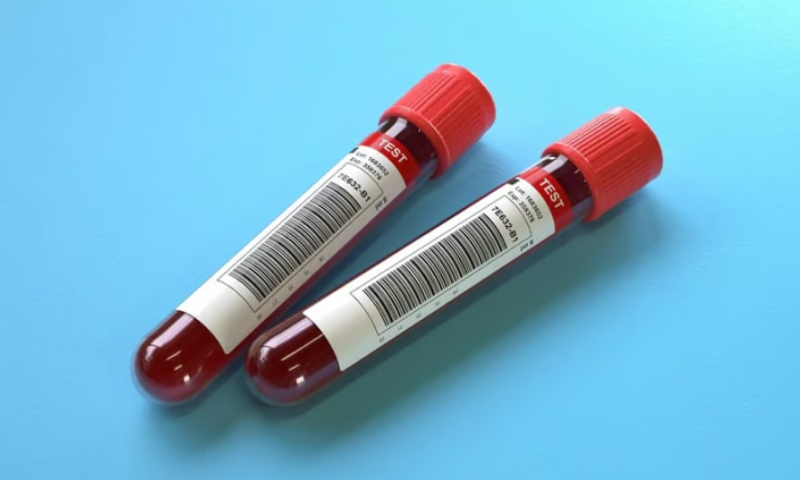Alzheimer’s disease blood test developer C2N Diagnostics has released a new version of its screener for beta amyloid proteins, and it’s gearing up for a nationwide rollout as public hopes rise for treatments that may make some headway against the condition.
The clinical care test serves as the sequel to the company’s PrecivityAD test, which first made its debut nearly three years ago. Dubbed PrecivityAD2, it also relies on mass spectrometry to detect the minute presence of specific proteins that have made their way into the bloodstream from amyloid plaques in the brain.
According to C2N, measuring the ratio between two types of beta amyloid levels can deliver a blood test that can perform about on par with gold-standard PET imaging exams. For PrecivityAD2, specifically—which, unlike its predecessor, also measures the ratio between the different types of another Alzheimer’s hallmark protein, known as tau—the blood test’s results matched up with amyloid brain scans 88% of the time.
The sets of ratios are combined to form what the company calls a patient’s Amyloid Probability Score 2, with a number ranging from zero to 100 tracking the increasing likelihood of brain amyloid plaques. The new prescription test aims to assist healthcare providers in ruling the chances of Alzheimer’s in or out among people ages 55 and older with mild cognitive impairment or dementia, without having to resort to brain imaging or collecting samples of cerebrospinal fluid.
In a C2N study presented earlier this year, the company said the updated probability score results also helped improve primary care physicians’ diagnoses: Without them, doctors only accurately diagnosed symptomatic cases 60% of the time, overdiagnosing them by 23% and underdiagnosing them by 17%.
“We believe the PrecivityAD2 test represents the next generation in blood biomarker tests and will help establish a new standard in Alzheimer’s disease diagnosis,” C2N President and CEO Joel Braunstein said in a statement. “We believe the test addresses a major unmet need for an accurate, safe, noninvasive and accessible alternative to amyloid PET scans and lumbar punctures.”
“This announcement is timely with the approval of new disease-modifying therapies and others on the way, along with the ability for healthcare providers to more easily refer patients to sites or to mobile phlebotomists where their blood can be drawn for diagnosis,” Braunstein added, highlighting the company’s network of 700 patient service centers and 13,000 phlebotomists.
This summer, the FDA issued a milestone drug approval for Eisai and Biogen’s Leqembi treatment after it demonstrated reductions in Alzheimer’s progression and showed it could help slow down the rate of cognitive decline. Meanwhile, Eli Lilly has posted promising early data for its donanemab treatment and is angling for its own green light by the end of the year.
But the prospect of any potential treatment—in a field that has seen many clinical disappointments, including recently—has reignited the push for easily and broadly accessible Alzheimer’s diagnostics, and blood test developers are racing to be out in front.
Earlier this year, for example, Beckman Coulter tapped Fujirebio to combine the latter’s neurological assays with the former’s globally installed base of lab hardware, while Quest Diagnostics launched a blood test that can be ordered directly by consumers.

